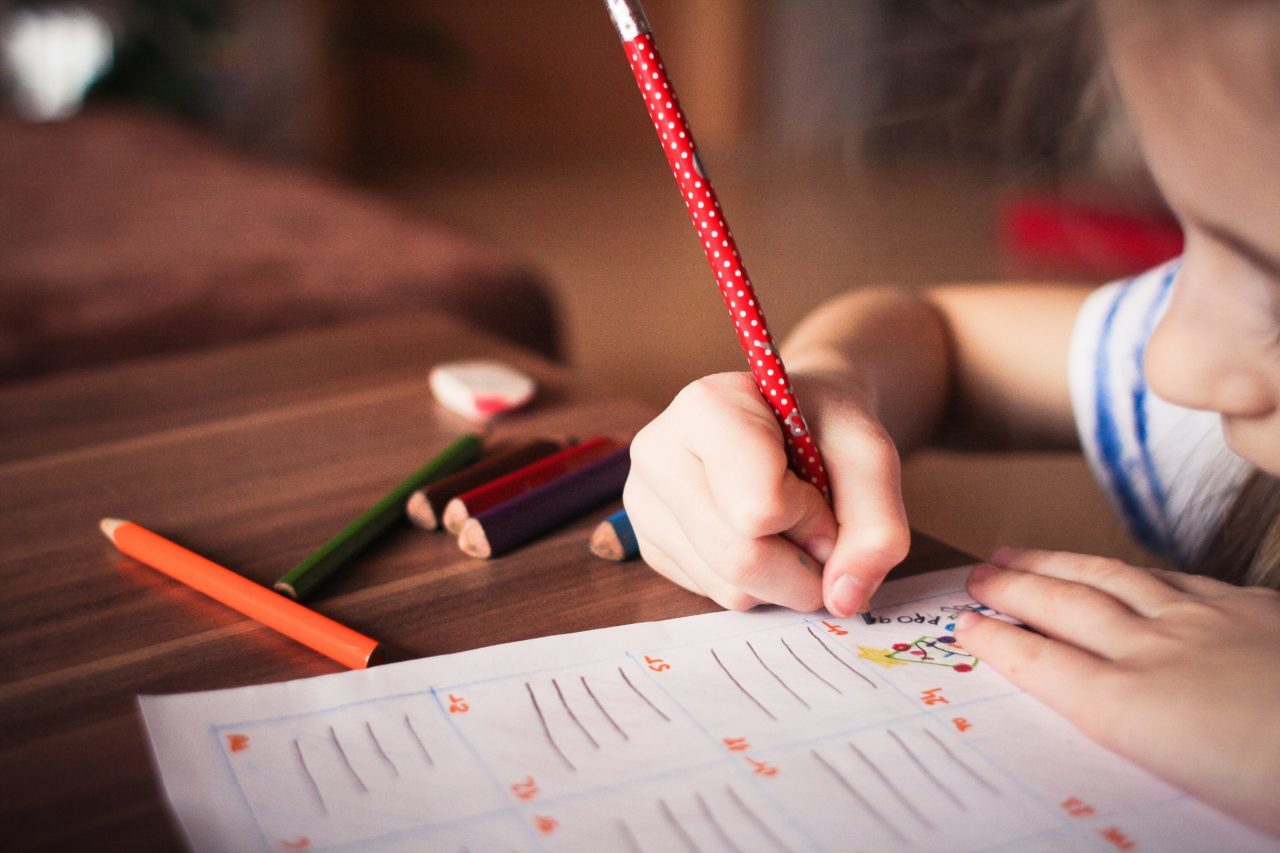This week, the Centre for Education Economics released their report, studying the relationship between pupil wellbeing and effective learning. Read the full report below.
“The idea that pupil wellbeing and effective learning go hand in hand is an important tenet of progressive educational theory. Since ‘deep’, genuine learning is supposed to be invigorating and joyful, education that does not live up to these ideals tends to be seen as ineffective and wasteful. Progressive theory has therefore come to highlight the relationship between pupil-led learning, enjoyment, and performance as a virtuous circle. Yet little rigorous evidence has been presented in favour of this assumption. Indeed, the paper presents evidence showing to the contrary that effective learning is often not enjoyable. Rather, several interventions and strategies- such as homework, school competition, and traditional teaching methods- involve an achievement – happiness trade-off.”
In this report, CfEE lead economist and report author Gabriel Heller-Sahlgren discusses the evidence for and against the progressive theory of the relationship between pupil well-being and achievement; alternative conceptualisations; and whether we might be served by taking the concept of trade-offs between different educational goals more seriously.










